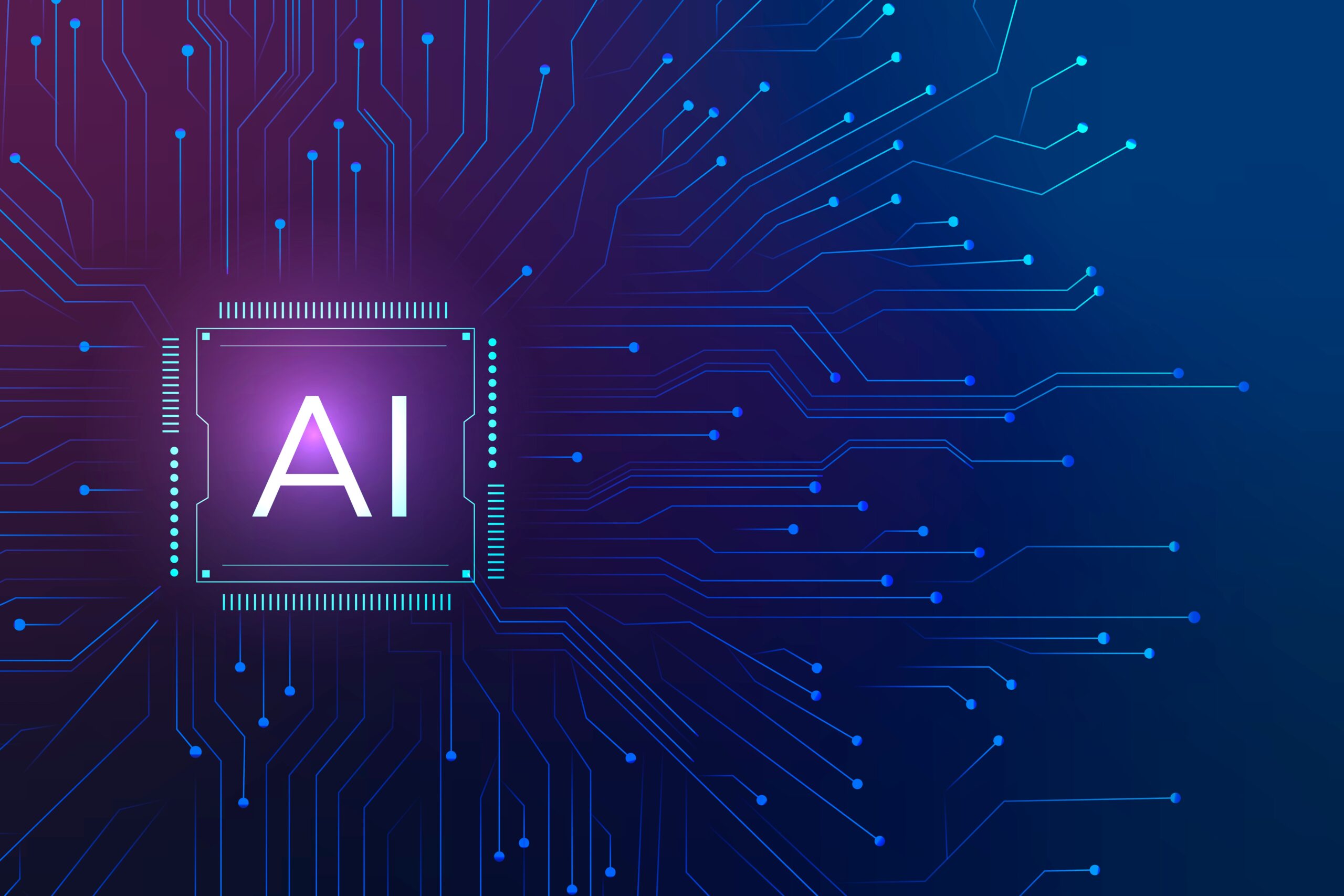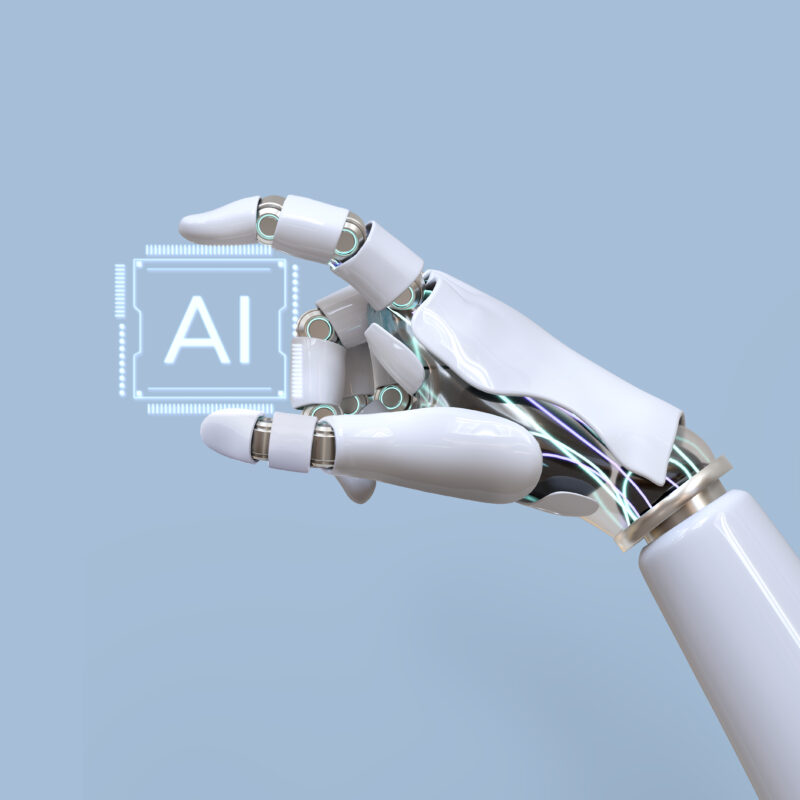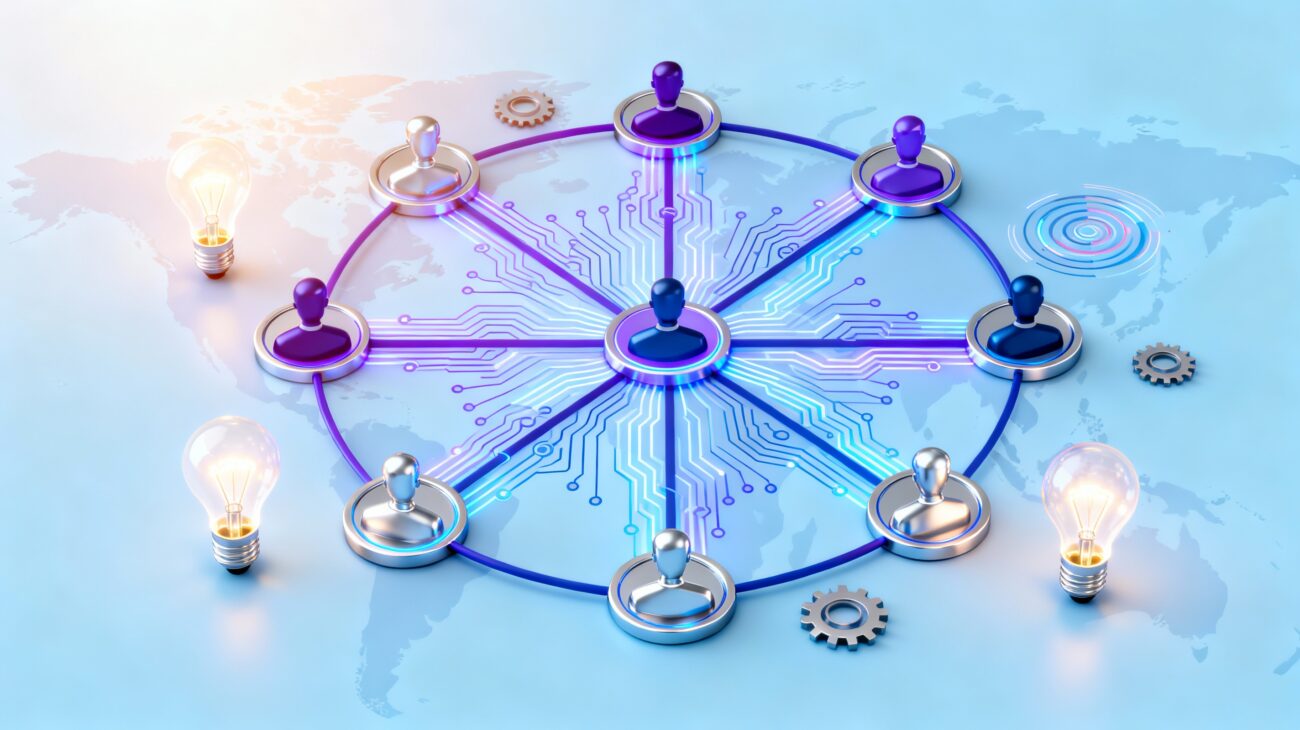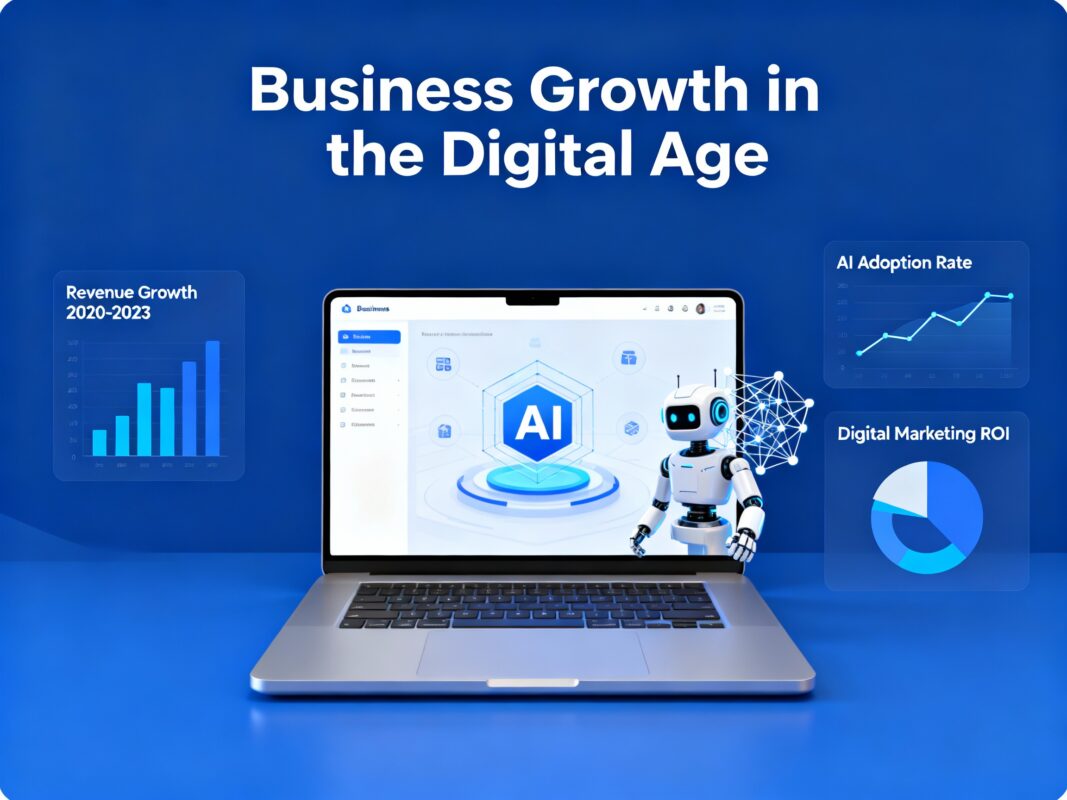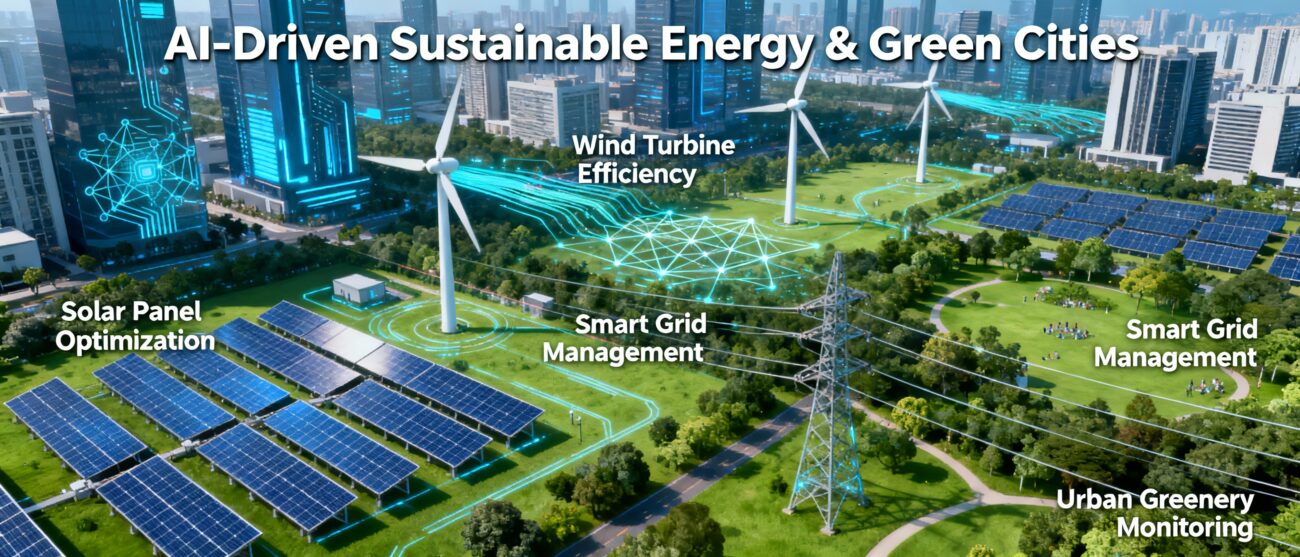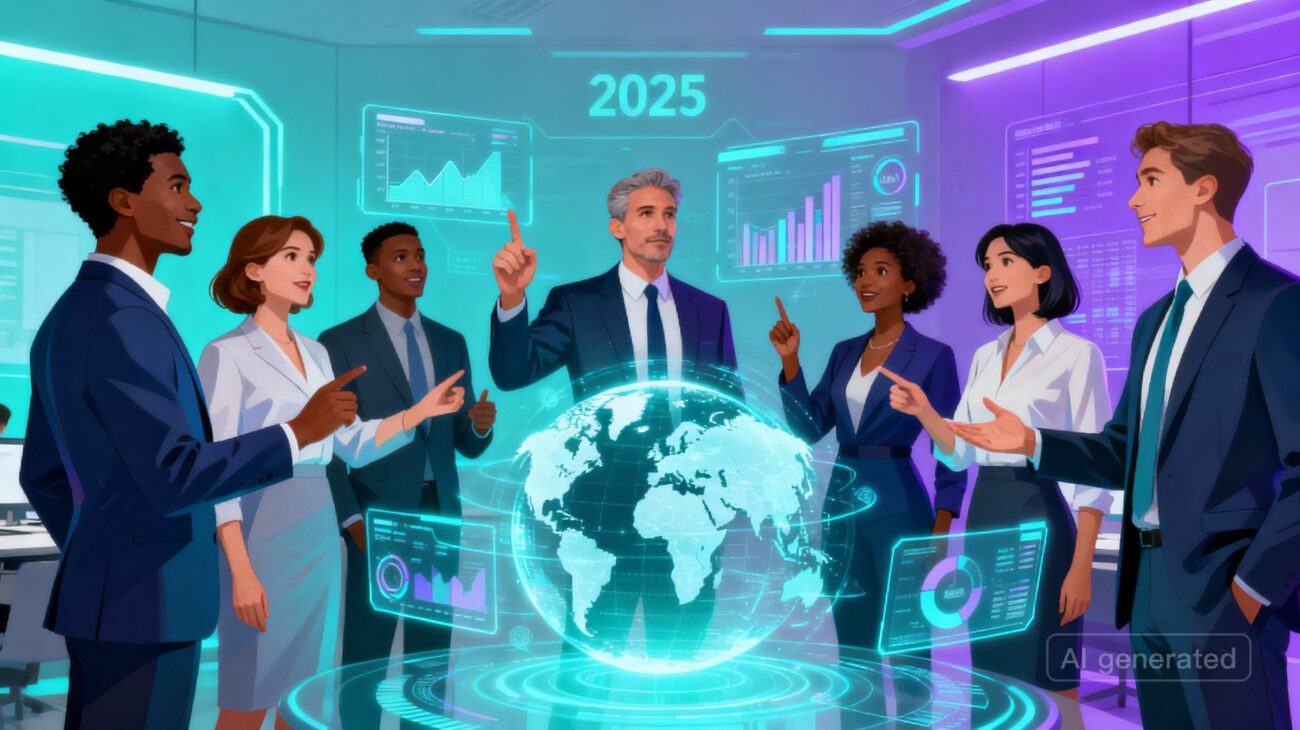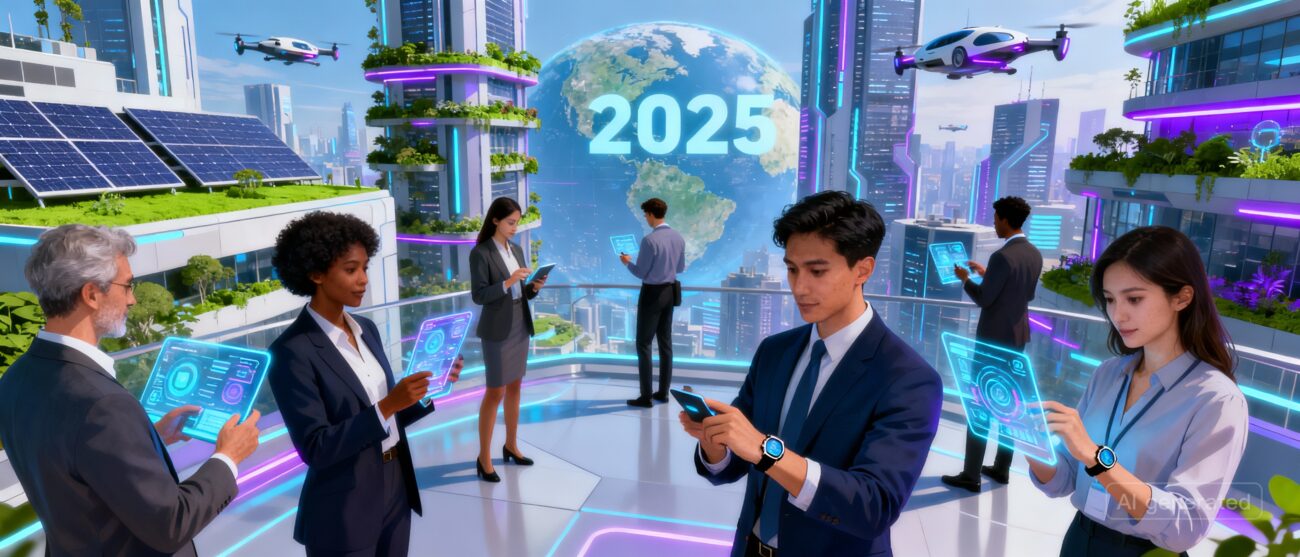Artificial Intelligence (AI) is no longer just a futuristic concept—it’s the driving force behind today’s most innovative technologies. From personalized healthcare and autonomous vehicles to predictive analytics and creative content generation, AI is reshaping the world faster than ever before. As we move deeper into the digital age, understanding both the opportunities and challenges of AI becomes essential for businesses, professionals, and society at large.
The Opportunities of Artificial Intelligence
1. Transforming Industries
AI is revolutionizing industries across the board. In healthcare, AI-powered systems assist doctors in diagnosing diseases with incredible accuracy. In finance, AI detects fraud and automates trading decisions. In retail, smart algorithms personalize customer experiences and optimize inventory management. Every industry—from agriculture to entertainment—is being reshaped by intelligent automation.
2. Boosting Productivity and Efficiency
AI-driven tools are eliminating repetitive tasks, allowing employees to focus on creativity and problem-solving. Machine learning systems can analyze vast amounts of data in seconds, helping organizations make faster and smarter decisions. Businesses that adopt AI are seeing higher efficiency, lower costs, and improved productivity—giving them a competitive edge in the global market.
3. Advancing Education and Learning
Education is another area being transformed by AI. Intelligent tutoring systems can adapt to a student’s learning pace and provide personalized guidance. AI tools help teachers identify students who need extra support, making education more inclusive and effective. In the future, virtual classrooms powered by AI could provide quality education to remote parts of the world.
4. Driving Innovation and Creativity
AI is not just about automation—it’s also about innovation. Creative AI models are now capable of writing music, generating art, and even designing buildings. Businesses are using generative AI to brainstorm new ideas, develop prototypes, and accelerate research. This combination of human creativity and machine intelligence is opening the door to limitless possibilities.
5. Enhancing Daily Life
From virtual assistants like Siri and Alexa to recommendation systems on Netflix and YouTube, AI is already part of our everyday lives. Smart homes, self-driving cars, and AI-powered health monitoring devices are making our lives more convenient, efficient, and safe. As AI becomes more accessible, it will continue to improve the quality of life for billions of people around the globe.
The Challenges of Artificial Intelligence
Despite its incredible potential, AI also brings a range of complex challenges that must be addressed responsibly.
1. Job Displacement and Workforce Changes
Automation through AI could replace millions of jobs, particularly in sectors like manufacturing, logistics, and customer service. While AI creates new roles, it also demands new skills. The workforce must adapt through reskilling and upskilling programs to remain relevant in the AI-driven economy.
2. Ethical and Bias Concerns
AI systems learn from data, and if that data contains biases, the results can be discriminatory or unfair. From hiring algorithms that favor certain demographics to facial recognition tools with racial bias, ethical concerns are growing. Ensuring fairness, transparency, and accountability in AI systems is one of the most pressing challenges of the future.
3.Data Privacy and Security
AI thrives on data—but collecting and using massive amounts of data raises serious privacy issues. Misuse of personal information or security breaches can have devastating effects on individuals and organizations. Strong data protection laws, encryption, and ethical AI frameworks are essential to maintain trust.
4. Dependence on Technology
As AI becomes deeply integrated into our lives, overdependence on technology is becoming a real risk. Critical decision-making in areas like healthcare, defense, and finance should never be left entirely to machines. Maintaining a balance between human judgment and machine intelligence is crucial to avoid potential disasters.
5. Regulation and Governance
AI’s rapid development has outpaced regulatory frameworks. Governments around the world are struggling to create laws that promote innovation while preventing misuse. Without clear global standards, the potential for AI to be exploited for malicious purposes—like deepfakes or cyber warfare—remains high.
Striking the Right Balance
The key to unlocking AI’s full potential lies in responsible innovation. Governments, companies, and researchers must collaborate to establish ethical guidelines, transparent algorithms, and inclusive policies. Education systems should prepare future generations with the skills needed to thrive in an AI-powered world—critical thinking, creativity, and digital literacy.
AI should be viewed as a partner, not a threat. When used responsibly, it can help humanity solve some of its biggest challenges—from climate change and healthcare access to global inequality. The goal is not to replace humans, but to empower them to achieve more with the help of intelligent machines.
Conclusion
The future of AI is filled with both promise and peril. It has the potential to transform industries, boost global productivity, and enhance our daily lives. At the same time, it presents challenges related to ethics, employment, and privacy that cannot be ignored.
As we step into this AI-powered future, we must ensure that technological progress goes hand in hand with human values. By embracing innovation responsibly, we can build a future where AI works for humanity—not against it.

